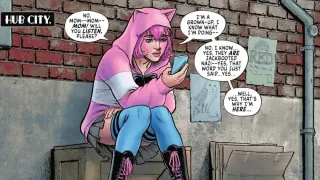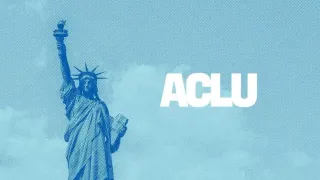April 22, 2024
Watch: Bill Maher Slams Disney and Drag Queen Story Hour, All in One Problematic Breath
Emell Adolphus READ TIME: 2 MIN.
Don't expect Bill Maher to guest on an episode of "RuPaul's Drag Race" anytime soon. And after Friday night's rant, expect her to tell him to "sashay away."
The controversial talk show host used his Friday night HBO show to stick up for Republican Florida Governor Ron DeSantis of all people and to somehow equate "Drag Queen Story Hour" with pedophilia.
In a fiery episode of his show "Real Time with Bill Maher," the 68-year-old went after Nickelodeon and Disney, referencing the explosive "Quiet on the Set" doc, for not protecting its child stars. The host declared that it was "every adult's job to protect them," and Gov. DeSantis "wasn't wrong" to crack down on "creepy stuff" at Disney.
"As one of the few people in the public eye who's gone through life and never had kids, someone has to tell me why am I always having to defend them," said Maher, who then used the conversation to segue into Drag Queen Story Hour and rather it was appropriate to have kids present.
Maher declared it is "time to admit" that it's "more for the queen than the kids."
'Sure, kids love a clown but does the clown have to have t***?' he rhetorically asked. "And when I see a five-year-old tipping, tipping at a bar under a sign that says 'It's not gonna lick itself,' do I have to pretend that's cool in order to keep my liberal ID card?"
According to Maher, people on both sides of the aisle have overlooked child safety in the name of politics.
"We're so tribal now, the left will overlook child-f***ing if the guy from the wrong party calls it out," said Maher. "The reason we find pedophiles in the Boy Scouts and the rectory and kids TV is that's where the kids are." he said.
Then he topped off his comments by slamming "wokeness."
"I said it before, wokeness is not an extension of liberalism anymore. It's more often taking something so far that it becomes the opposite," said Maher. "Teaching kids not to hate or judge those who are different? Great. Proud we got there all for that. But at a certain point, inclusion becomes promotion."
In true Maher form, his whole rant bordered on problematic with a tinge of homophobia. Watch it below at your own risk.






